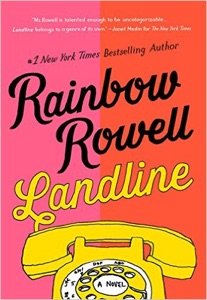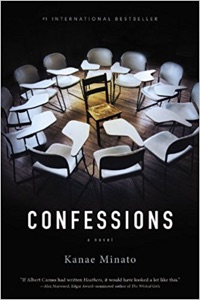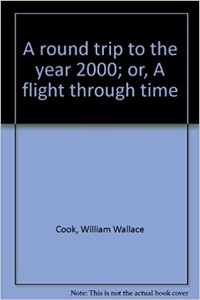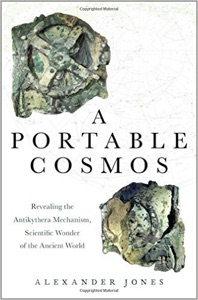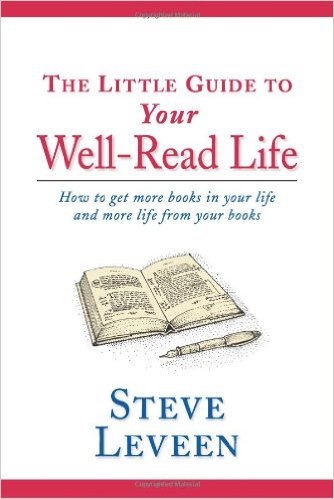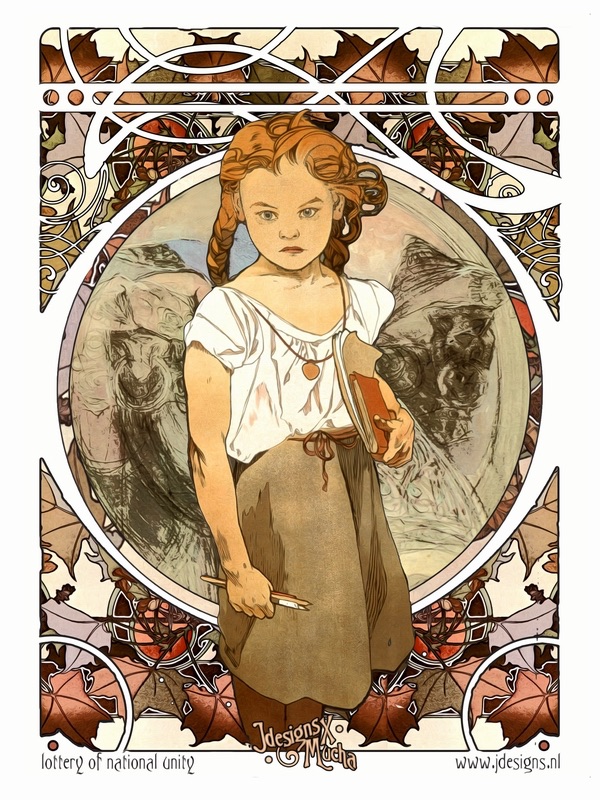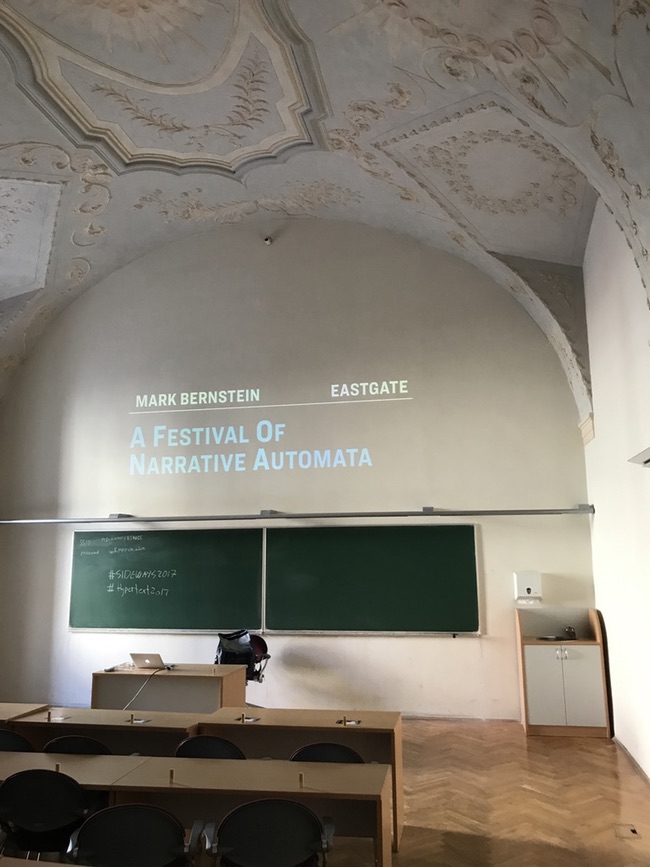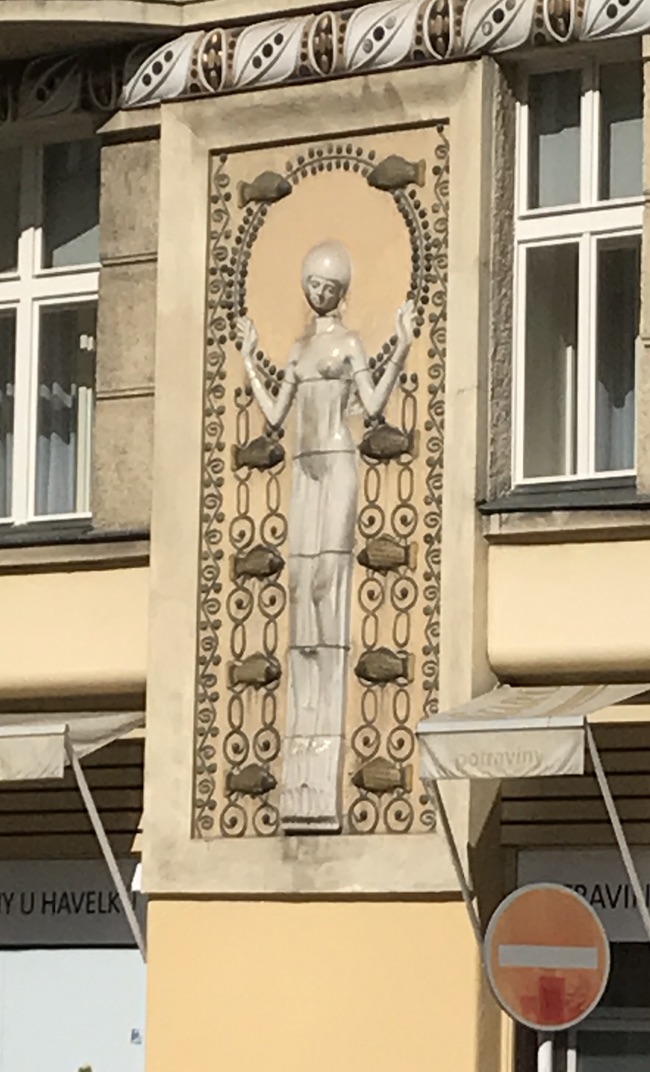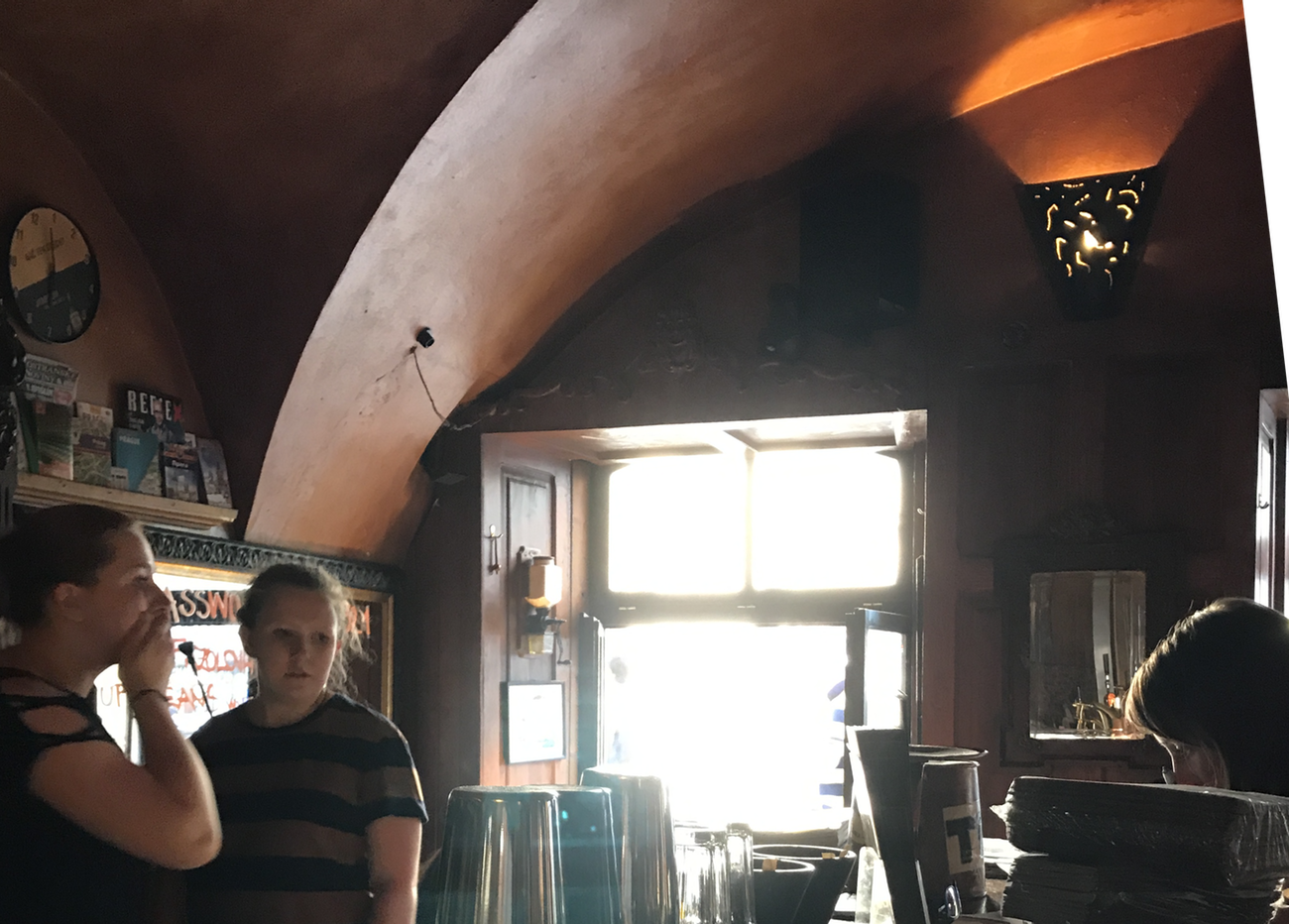It’s been a while since I did much travel blogging. Thanks, Gamergate! In the meantime, I think travel blogging has stopped being a thing people do. It was a good idea then; let’s power up the machine and take it for a spin.
I’m in Prague. Earlier this year, I had an idea for a research project that SIGWEB generously supported for Hypertext ’17. I’m giving a big set piece on Narrative Automata — machines that tell stories. These range from role-playing games to AI research projects to tricks that helped Hollywood screenwriters unstick their stuck plots. We don’t know a whole lot about how to tell great stories in media where the user is active – and, since 1956 or so, we’ve known that the media where the user is active is, basically, everything. I figured that automata might be one place to look for lessons, and nobody else seemed up for the job just at the moment.
So here I am, with (thanks, Rosemary Simpson) a 30-page bibliography including almost 80 automata and a whole lot of theory.
The trams are excellent. I was mostly awake on arrival, despite a long flight with lots of no sleep, so I bought my ticket and took the tram. Big win. Except…
Trams stops have eccentric names. I expected this was like Paris, where Metro stops are named for great French victories and for statesmen I’ve long forgotten if I ever knew them because, like, why not? But Prague isn’t like that. Not only do they have a tram stop “unpronounceable with surprising diacritics,” they have another trams stop also named “unpronounceable with surprising diacritics” that means “we’re getting pretty close the the place you had in mind, but we’re not there yet!” Naturally, I learned this the hard way, in the noonday sun, with luggage.
I’m essentially illiterate. When reading signs, I look for English first, Russian second. If you know how bad my Russian is, you’ll understand how lost I am around Czech.
The beer really is really good. Beer #1 was Pilsener Urquell (naturally), which in its native habitat actually tastes like what an American beer wants to be when it grows up. But at the place I stopped, no one else was drinking Pilsener Urquell. Beer #2 was a Bernard black-and-tan, which I think might be called a řezané and which is very good indeed. (This is a light lager mixed with a dark lager, and it’s almost as chewy as stout.
This was U malého Glena, which was a lovely respite from lots of hot and thirsty walking. For most of the early rush, they had one barmaid (left) handling about 27 diners and drinkers – almost each of which was drinking beer, with taps about as finicky as you ever see in the US. There was also some drama involving a writer at the bar who looked a lot like David Mamet, but unless David Mamet knows a lot of Czech, not him. Here, she’s getting the next shift caught up.
Speaking of surprising diacritics, the Guláš at U malého Glena is fine, too. Hotter than I’d have thought, but that’s a good thing. I was skeptical about the dumplings, but on further review they were exactly like the illustration in The Czech Cookbook, so what do I know.
